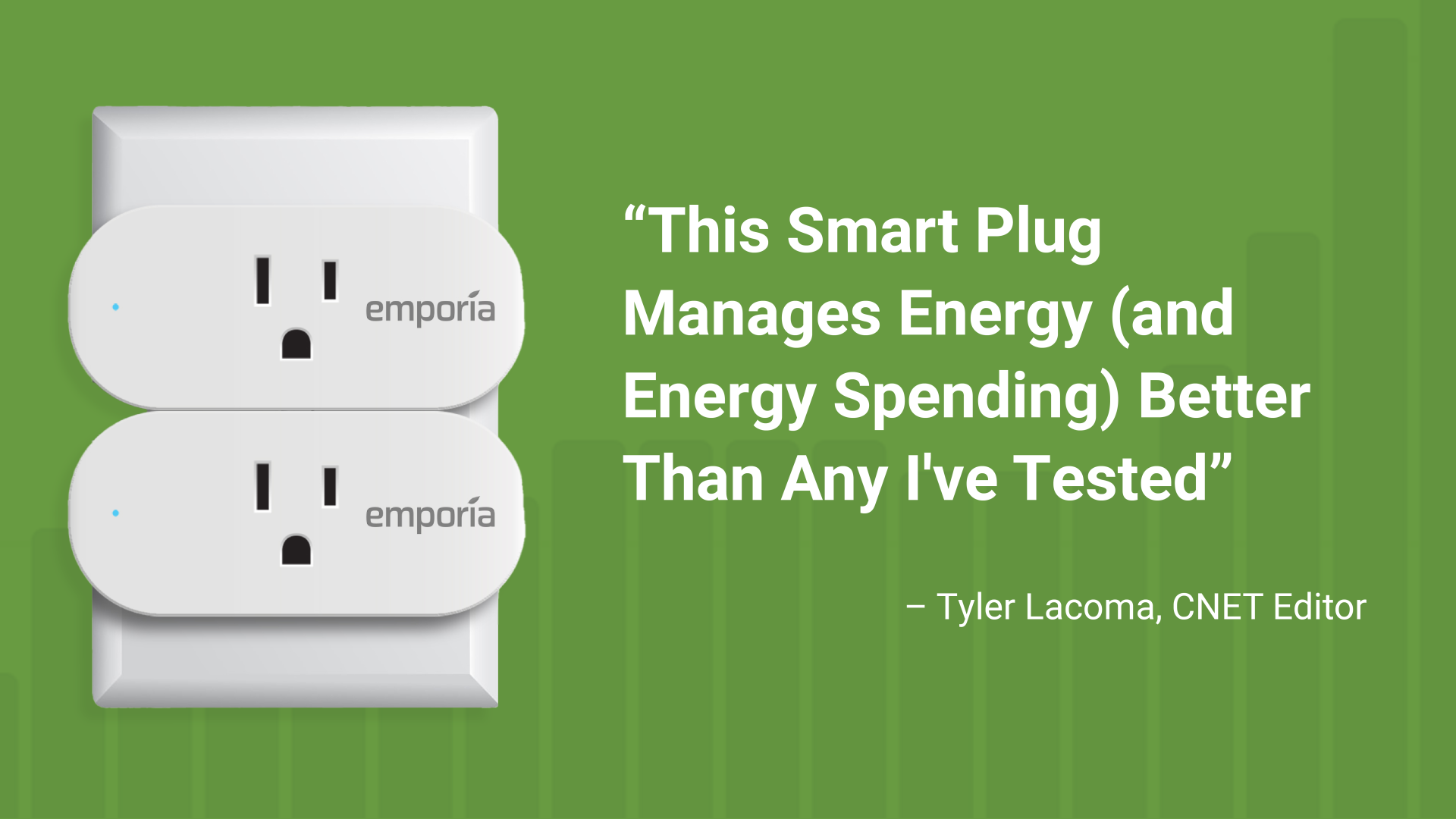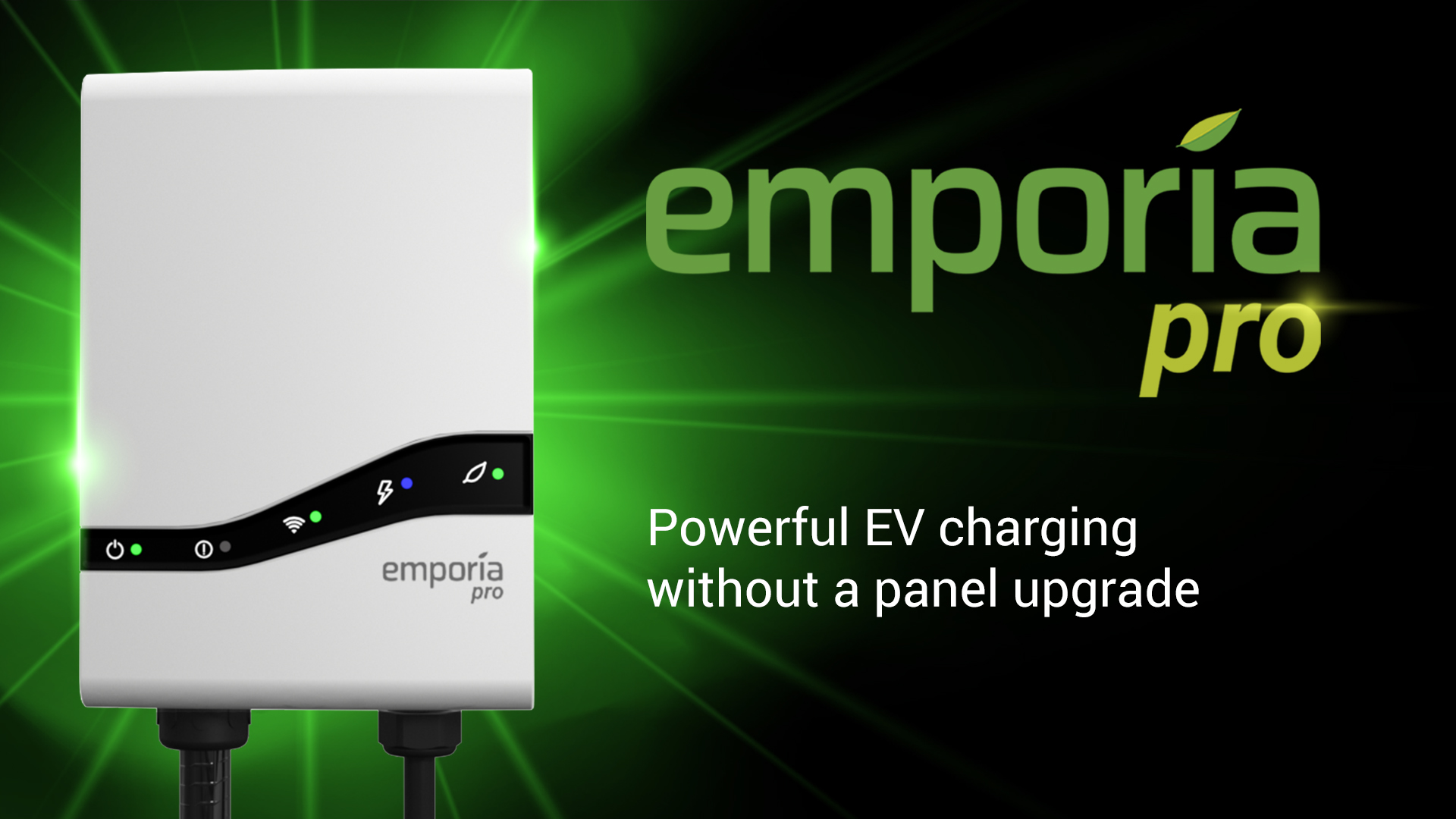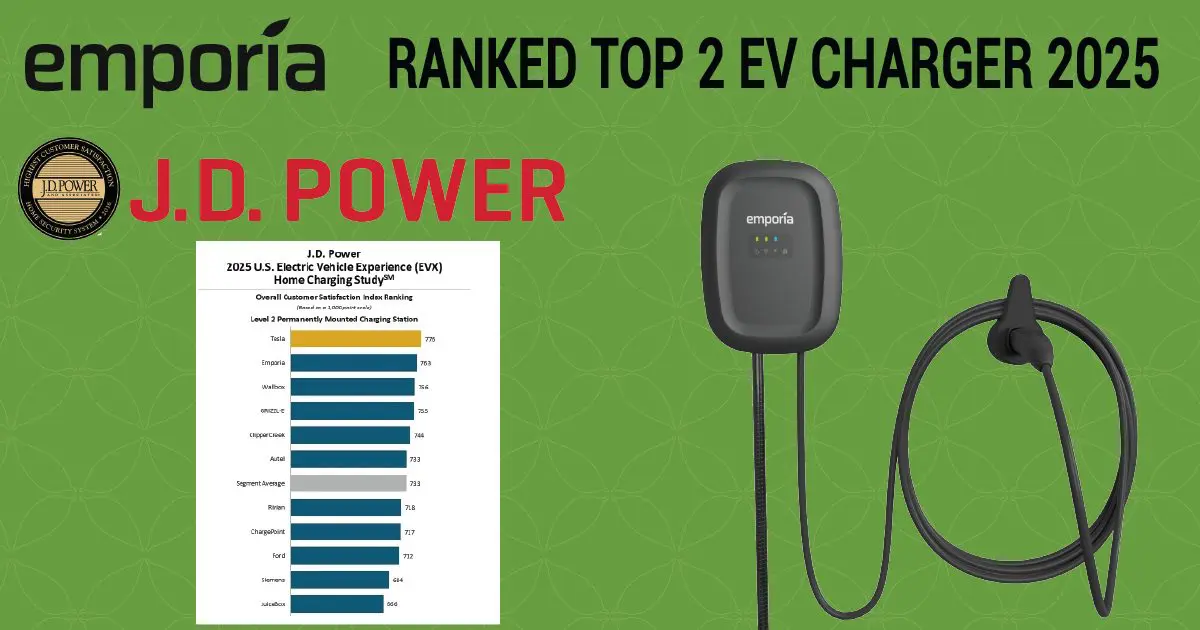Can I charge my EV with solar panels? The answer is yes! Using excess solar power to fuel electric vehicles is an eco-friendly and cost-effective solution. Here’s how it works:
How Does a Solar-Powered Car Charging Work?
To use solar power for EV charging, an Electric Vehicle Service Equipment (EVSE), or a Level 2 charger, is connected to your home’s electrical system. When you plug in your electric car, it draws electricity. If your panels produce more electricity than your home uses, the surplus powers your car, making your solar installation a DIY solar EV charger.
Residential solar panels, typically installed on your roof or as ground-mounted systems, harness sunlight and convert it into electricity. This conversion is done through photovoltaic cells, a key component in solar energy systems.
When the sun shines, your solar panels generate electricity. This electricity not only powers your home but also any excess can be sent back to the grid or stored in battery systems for later use, including charging your electric vehicle.
Benefits of Solar Energy for EV Charging
Cost savings: Utilizing solar panels for electric vehicle charging significantly cuts costs on home energy and EV charging expenses. Understanding the cost of solar panels for electric vehicle charging can help in long-term financial planning.
Environmental impact: Solar energy is clean and renewable. By charging your EV with solar power, you contribute to reduced greenhouse gas emissions and a lower carbon footprint.
Energy independence: Solar-powered EV charging provides independence from fluctuating electricity prices and grid outages. This system ensures a consistent and reliable energy supply for your EV.
Net metering: Some regions offer net metering, which credits you for the excess solar electricity returned to the grid. These credits can offset costs when your solar panels are less productive.
Optimizing solar EV charging with a home energy monitor
For those looking to maximize the efficiency of their solar-powered car charging, a home energy monitor is an invaluable tool. This smart device allows you to monitor your home’s energy usage in real time. With the Vue 3, you can configure your system to only charge your electric vehicle when there is excess solar energy available. This ensures that your EV is charged using only renewable solar power, optimizing energy use and increasing cost savings. By syncing the monitor with your solar EV charger, you create a highly efficient, automated system that adjusts to changing solar output and energy needs throughout the day. Learn more about the Emporia Vue 3 Home Energy Monitor.
Save your solar for later with a home battery
To maximize the effectiveness of your solar EV charger, evaluate your energy needs, the capacity of your solar installation, and the compatibility of your EV charger with your solar system. Consider adding a home battery system to store excess solar energy, ensuring your EV can charge even during non-sunny periods. Get a free solar and/or battery purchase and installation quote.
Tax credits and incentives
Contract your municipal utillity to learn about local rebates and tax credits for solar EV charging systems in your region to reduce installation costs and enhance the affordability of your solar investment. For federal tax credit see: Federal Home owner’s Guide to Solar Tax Credits





